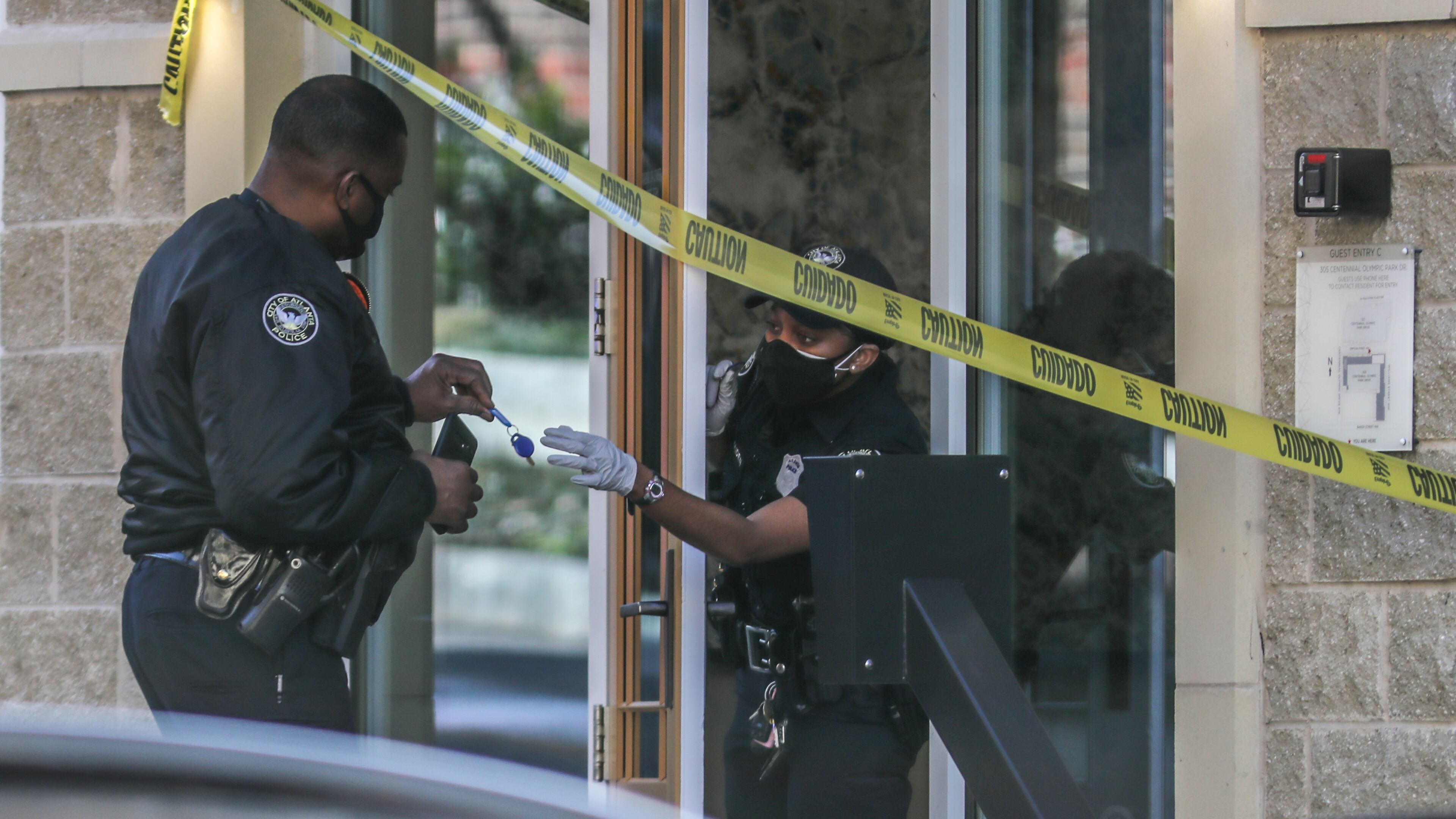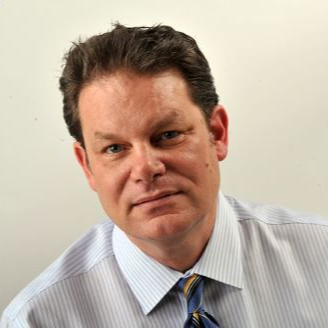Opinion: Working together to lower violence here

It’s a warm spring night in Atlanta.
Suddenly, a pool party at an apartment complex in Buckhead erupts in violence, followed by gunshots. Three men – who just happened to be shopping at a home improvement store nearby – are wounded when they are hit by stray bullets.
That same night, another man is shot multiple times during an attempted carjacking. Luckily, he survives.
Less than a mile away, another person isn’t as fortunate.
He is shot and killed – at the time, becoming the 48th person to lose their life to violence in our city.
Since then, that number has grown – a grim reminder of what is quickly becoming another deadly year in Atlanta.
In the wake of all this mayhem, Atlanta Mayor Keisha Lance Bottoms convened a working group, made up of community members and others, to come up with ideas on how the city can combat violent crime.
On Friday, that advisory council released its recommendations – from hiring of 250 more police officers to adding more than 10,000 more streetlights in the city. The mayor also announced that she wants to create an office of violence reduction to develop and implement strategies to make our city safer.
While the advisory group was busy doing its important work, editors in our newsroom were also thinking about ways to address this disturbing rise in violent crime.
In the wake of all this mayhem, editors in our newsroom have been thinking about ways we can address this disturbing rise in violent crime.
We felt it was important that we do more than just document sad story after sad story. Or continue to hold our public officials accountable, as you expect from us.
Instead, we asked, what if we were able to foster a deeper discussion?
What if we published personal stories and insights from those whose lives have been changed by crime?
What if we created a place where metro Atlantans could share their ideas – and potential solutions?
That is what we’re hoping to do with a special project we are calling, “Atlanta Forward: Voices Against Violence.”
We were inspired by our Opinion page’s long-standing tradition of providing a forum for ideas to be shared and voices to be heard.
Days after our first installment appeared on our Opinion pages, you took the time to let us know what you were thinking, offering ideas from a “reasonable” curfew for minors to calls for churches and schools to do more.
Indeed, we’re all in this together.
One of the emails we received came from a high school principal, who shared her own personal story: “On June 6, I attended the funeral for a 17-year-old student murdered in his own apartment by an 18-year-old with a gun. This was not my first funeral of this kind – and it won’t be my last.”
Many of you thanked us for tackling the project – and for providing the space for others to weigh in.
“I appreciate the AJC’s effort to begin to address the terrible violence that’s happening all too frequently,” one reader wrote. “Hopefully, the reports, conversations, etc. mentioned will at least start … to solve this awful problem.”
Another said: “As a long-time subscriber to the AJC, I appreciate the importance of a strong newspaper and solid reporting. I’ll look forward to seeing more about this in future editions.”
A third said, “WOW! Your words this morning made me feel that just perhaps Atlantans can improve ‘social poverty’ and crime in our city. Your idea of publishing input from across every boundary of distinction is unique and long overdue.”
Last Sunday, as part of our first installment, you heard from a criminology professor who was a random shooting victim – and the Grady doctor who treated him. You also read the personal story of an Atlanta leader who grieved with neighbors after a 14-year-old boy was shot and killed behind her home.
We are now busy planning the next installments of this series.
In the weeks to come, we’ll explore how social services can be used in new ways to help shatter the cycle of violence.
Some of you have already shared ideas that could help improve policing, offering suggestions that range from reimagining where police recruiters seek new trainees to how police academies can ensure that officers are better equipped for today’s complex – and violent – world.
And we’ll share some insights on whether we can use expertise gained in addressing public health to come up with an approach toward reducing violence.
We also plan on examining some ideas that other cities around the country and the globe are experimenting with as they, too, struggle with a rise in violent crime.
Some cities, for instance, are considering regulating alcohol sales to see if it might help reduce violent crime. Others are leading the way in trying to reform their police departments.
Along the way, we’ll present a wide variety of ideas – from the use of “violence interpreters” to steps that one advocacy group are taking to ease the transition for convicts reentering society.
After all, we recognize that it’s important to not only highlight a problem, but to also look at what can be done to address it.
Remember, our journalists live here, too, and we care deeply about our neighbors and this place we call home.
Based on early feedback, you seemed to appreciate this solutions-oriented focus as our series unfolds.
“I look forward to comments … to make serious suggestions about complex problems in our city,” one reader said.
Another wrote: “This sounds like an important project, and I’m glad to read you’re engaged in finding solutions to the crime issue. I’m cheering for you and commend you for taking a proactive stance.”
As for what comes next in our series, a good part of that depends on you.
What steps are your neighborhoods, houses of worship, community groups, nonprofits, businesses and universities taking to resolve this crisis?
Your thoughts, suggestions, feedback and, yes, even guest opinion columns are very important to us, and you can share them by emailing Andre Jackson, our Opinion page editor, at andre.jackson@ajc.com.
By working together, we hope we can make a difference.
Mark Waligore is the AJC’s senior director and managing editor.
ABOUT ATLANTA FORWARD: VOICES AGAINST VIOLENCE
If you missed our first installment of our special project, “Atlanta Forward: Voices Against Violence,” you can catch up on the series by visiting the Opinion section on AJC.com. Last week, we shared two personal stories – one from a community leader who is crying out for leadership after a teenager was shot and killed behind her home; another from a professor of criminology at Georgia State and a surgeon from Grady Hospital. The two, as readers learned, met under unfortunate circumstances that illustrate the problems Atlanta now faces.



